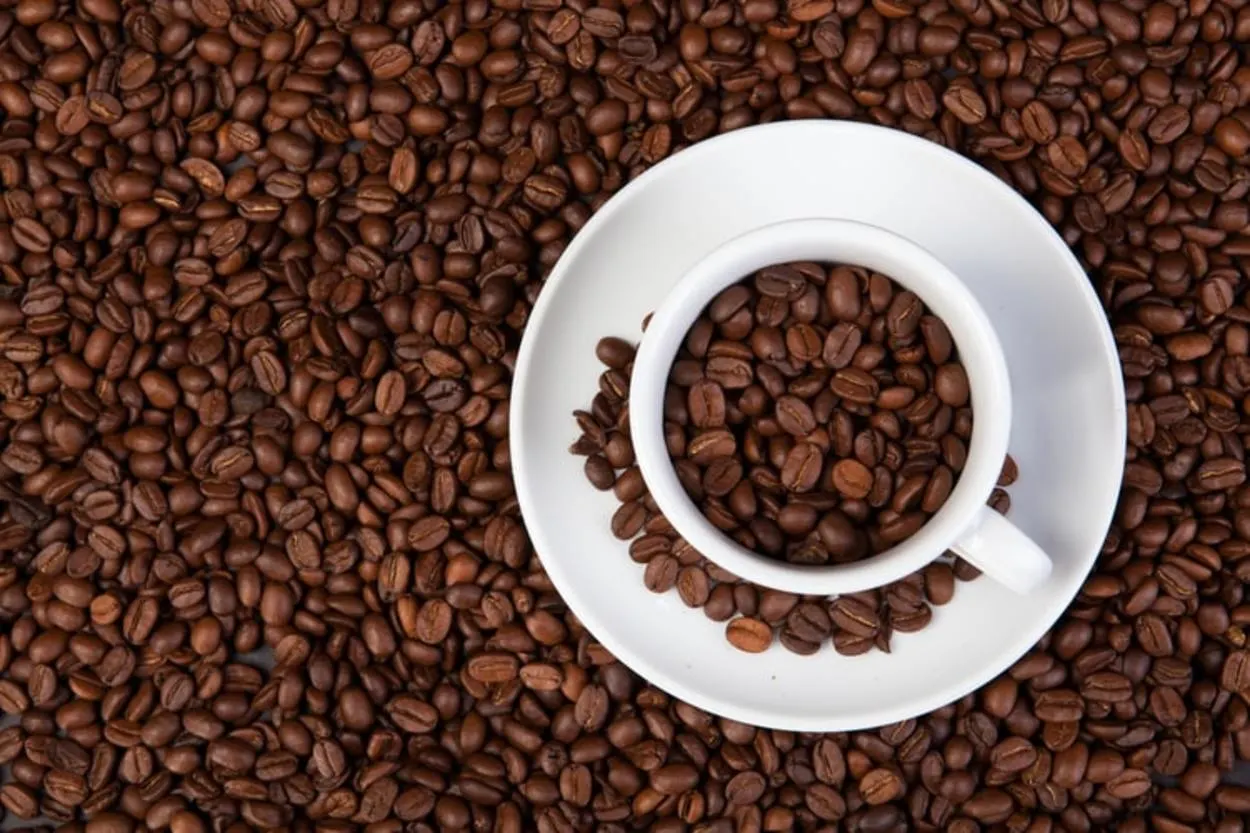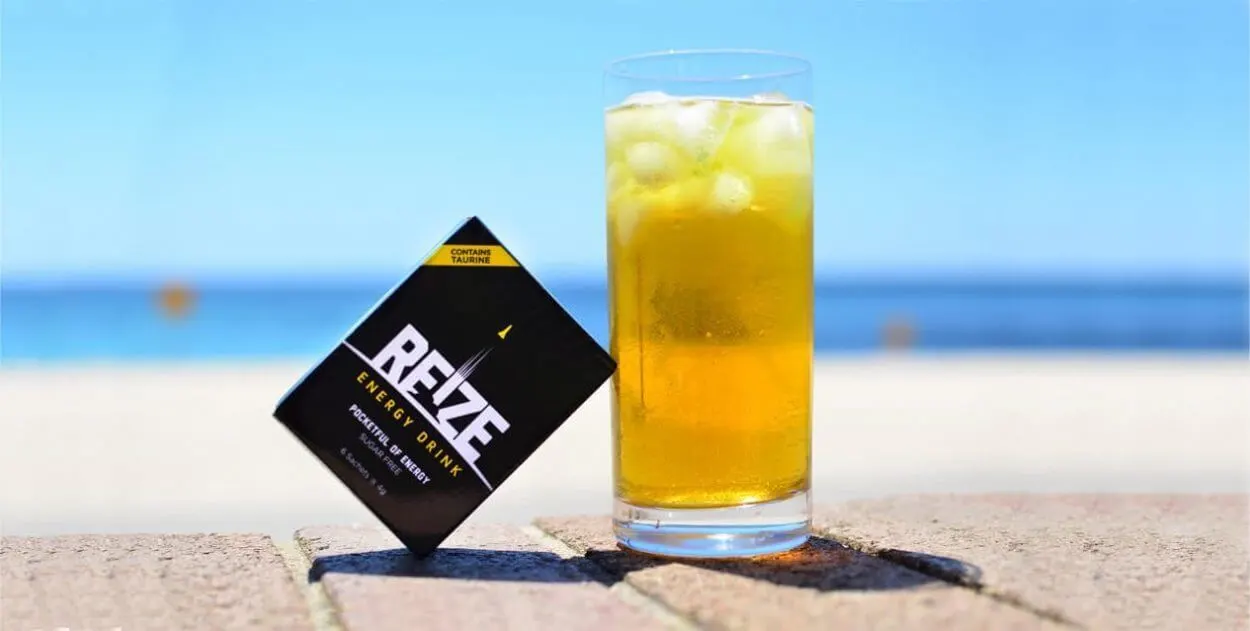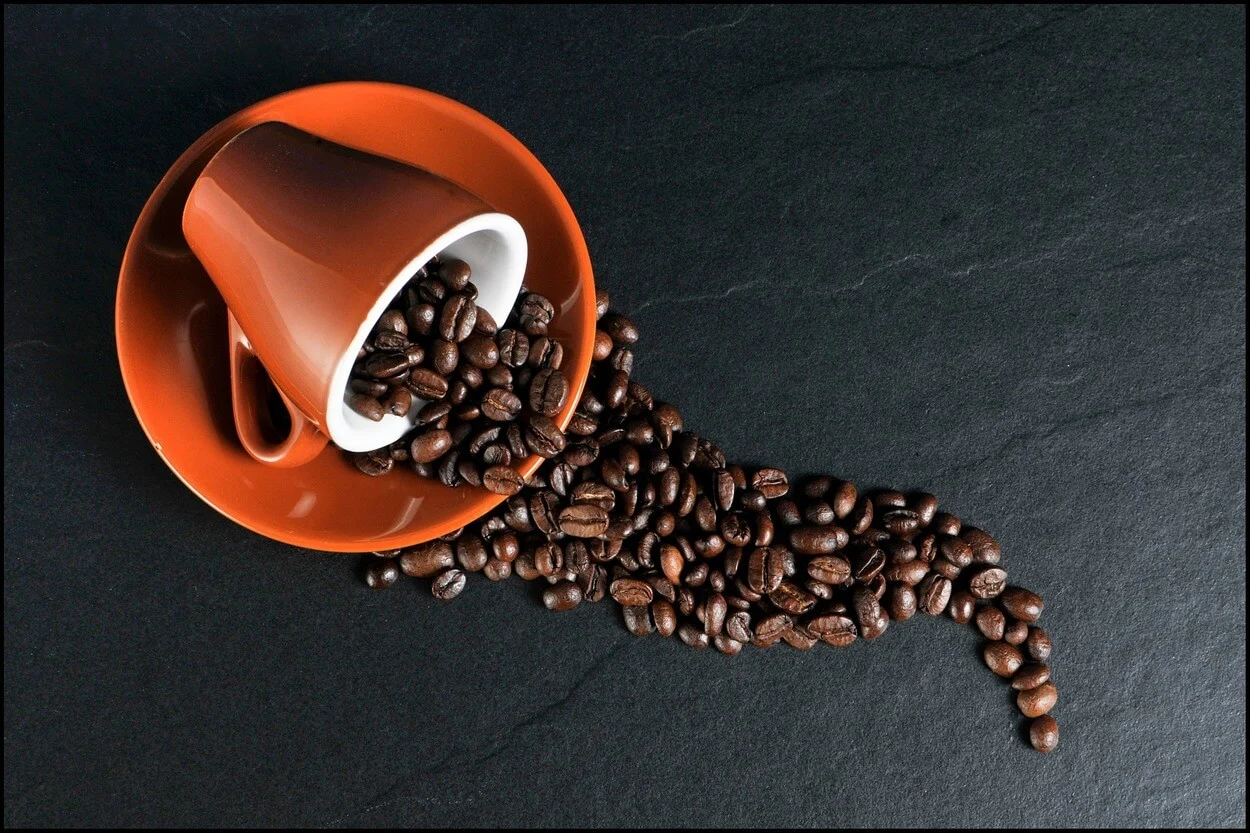Caffeine is the world’s most popular stimulant—and you can pretty much find it anywhere too. Common tasty treats like chocolate, tea, and coffee all contain caffeine.
Now, I like a bite of Hershey’s now and then, but my favorite caffeinated product would have to be energy drinks. Unlike the previously mentioned products, energy drinks have more caffeine in them. That’s because these beverages were designed to enhance physical performance by giving you an energy boost.
But of course, caffeine can have its drawbacks too, especially when consumed excessively. It’s a good thing then that the caffeine content of energy drinks can vary.
It’s up to you to choose the right brand with the right amount of caffeine for your lifestyle! In this article, I’ll be discussing the effects of caffeine and how energy drinks usually utilize this stimulant.
Let’s get to it!
What is Caffeine?
Caffeine is a natural stimulant found in plants like coffee and tea. It’s is used in food and beverages for it gives mental alertness and helps physical endurance.
Caffeine is tasteless and doesn’t have any nutritional value.
It is beneficial to your mind and body. To be sure, it would help if you were wary because too much caffeine can result in health risks.
What Can You Get From Caffeine?
For sure, you are wondering what you can get from taking caffeine. Here are the pros and cons of this stimulant!
Benefits Of Caffeine
Caffeine can improve your thinking process and short-term memory, including alertness. It also plays an essential role in slowing down your mental decline.
Caffeine is not only for those who want to work out but also is used by those who are staying up late to study or need to concentrate on work.
Caffeine works by blocking the adenosine receptors in your brain to stimulate alertness and concentration. Adenosine is responsible for you feeling fatigued. Because caffeine blocks these receptors, you won’t feel tired for a few more hours.
If you are a sporty and adventurous person, caffeine may be an excellent companion to level up your performance. Energy drinks provide a push that can strengthen your body and improve physical endurance.
Disadvantages of Caffeine
Caffeine is a diuretic, which means you can get dehydrated after consumption. However, some studies actually claim that consuming caffeine does not impair hydration, exacerbate dehydration, or impair thermoregulation.
You have to expect to feel less alert after its effects wear off. However, experiencing extreme tiredness that disrupts your focus, irritability, or a headache may indicate that you are suffering from a caffeine crash. This occurs when you consume a caffeinated drink too close to bedtime or consume it excessively.
In addition to that, this study concludes that caffeine could cause insomnia and nervousness. Apart from that, here are the other side effects:
- Anxiety
- Muscle Breakdown
- High Blood Pressure
- Rapid Heartbeat
- Insomia
- Dehydration
- Jitters
You think of all of these things to know how much caffeine your body can take in one day to prevent its side effects.
Why is There Caffeine in Energy Drinks?
We all know that almost all energy drinks contain caffeine because they enhance brain function, alertness, and concentration.
Some brands contain high caffeine content and others vice versa. Both have their own pros and cons, and their effect on you will depend on your caffeine tolerance.
Energy drinks with caffeine notably improve muscle strength, endurance, jumping, and other sport-specific actions. This is mainly why caffeine is the main ingredient of all energy drinks.
Energy Drink Caffeine Chart
If you want to check how much caffeine is in your favorite energy drink, check the chart below.
| Energy Drink | Mg of caffeine |
| Red Bull | 111 |
| Bang | 300 |
| Monster Energy | 160 |
| C4 | 200 |
| 5-Hour Energy | 200 |
| NOS | 260 |
| Reign | 300 |
| Xyience | 88 |
| Celsius | 200 |
| Rockstar | 160 |
How Much Caffeine Should You Have a Day?
The FDA recommends that we limit our daily caffeine intake to 400mg. However, we all have different levels of caffeine tolerance, so it’s best if you know your personal limit and try to start with low-caffeine energy drinks.
A cup of coffee roughly contains about 100mg of caffeine. An energy drink usually ranges from 100mg to 300mg of caffeine, so depending on your preferred brand, you could be consuming more than the recommended daily caffeine intake.
Teenagers and pregnant women are not advised to take energy drinks because caffeine can negatively affect their health. Children, in particular, are only allowed 100mg per day, which immediately cancels out most brands.
It’s also important to take note that caffeine is present in a lot of the products we consume daily like chocolate and tea, so consuming a high-caffeine drink can put you at risk of experiencing side effects.
What Happens If You Drink 400mg of Caffeine?

When you regularly exceed the daily limit for caffeine, you can experience caffeine dependency and eventually, caffeine overdose.
Other negative side effects include headaches, anxiety, and insomnia. This is why it’s not advisable that you consume caffeine excessively.
And if you’re already caffeine-sensitive, you’ll be more vulnerable to these side effects after consuming a lot of caffeine.
Energy Drink Recommendations
Personally, I would recommend energy drinks that have moderate caffeine content. In this way, you can prevent overdosage and dependency.
Here are my suggested EDs that I think have just the right amount of caffeine!
AMP Energy Drinks
Each 16 fl. oz can of Amp Energy Drink contains 220 calories, 58g of sugar, and 142mg of caffeine, which is quite a considerable amount.
Amp Energy has more caffeine than I prefer, but if you happen to be someone with high caffeine metabolism, this could be the energy drink for you.
Bing
Bing energy drink contains 40 calories, 120mg of caffeine. This amount is the same as that of a cup of coffee. Its caffeine is not too high for me as you can drink at least three cans to reach the limit.
This energy drink is from 5% real grape juice, all-natural flavors, and colorings. Its caffeine content is just the same amount as that of a cup of coffee.
Bing comes in four delicious flavors too!
REIZE (Highly Recommended)
REIZE is a personal favorite because it has just the right amount of caffeine (50mg) while also delivering a powerful energy boost.
The powdered energy drink is sugar-free and comes with only 11 calories, which means that you’ll get to enjoy its delicious fizzy flavor without experiencing side effects. The drink also contains taurine, ginseng extract, and essential B-vitamins.
And have I mentioned that REIZE comes in travel-friendly 4g sachets that you can take with you anywhere? No need to tote around bottles or can.
Give REIZE a try today for only about $1 and have it shipped directly to your home.

Other Notable Mentions
If the mentioned EDs are not to your liking, you can try this product instead.
Final Thoughts
Energy drinks are a great companion for your adventures, just remember that caffeine is the main ingredient of these beverages.
While caffeine can give you quite the energy boost, consuming it excessively can lead to several side effects. This is why choosing the right energy drink is important!
Some energy drinks have no sugar or calories and contain just a little amount of caffeine. All newcomers, caffeine-intolerant individuals, and those who need just a little jolt of energy will benefit greatly from this. However, due to their design for demanding tasks, certain energy drinks have been found to contain as much as 300mg.
It’s all a matter of knowing what your needs are! Hopefully, you have a better idea of the right kind of ED for you after reading this article.

